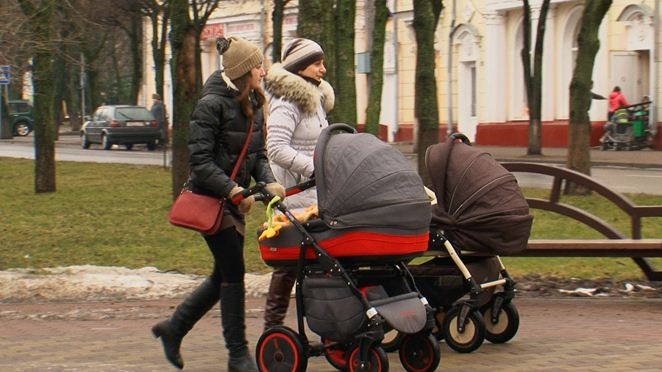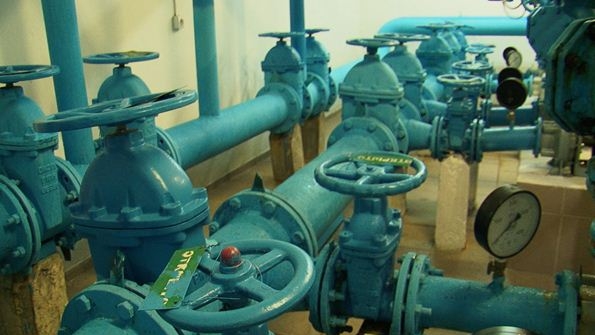It used to be the main topic of conversation in Borovukha, and a major source of frustration. Borovukha is a village of about 4,000 on the outskirts of Polotsk, a historic city in northern Belarus. And, until recently, the water supply was terrible. People couldn’t drink it; it often ran red from taps because of high iron content.
“I’ve been living in Borovukha since 1979 and until recently our community has lacked clean water. It’s been always on my mind – why can’t we have clean water?” asks Tamara Sadovnikova, a community leader with 60 years of public service.
Life is Different
Now, she does. With support from the World Bank’s US$60 million Water Supply and Sanitation Project, Tamara Sadovnikova’s water runs clean. “And now we see Borovukha growing,” she says. “With clean water it has everything it takes to prosper.”



